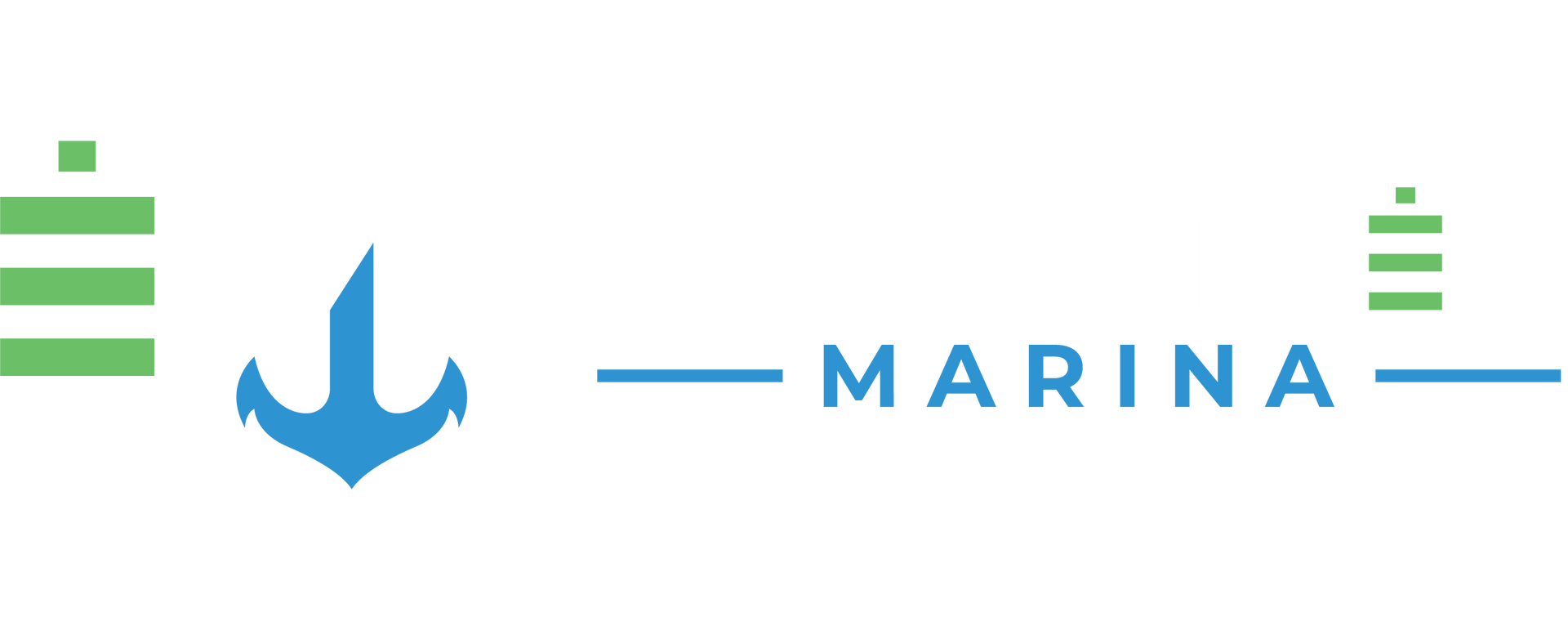Electric Motor vs Gas Engine Boats
Both electric and gas boats have their strengths, and the right choice depends on your priorities—whether that’s sustainability, range, speed, or operating costs!
Electric Boat Pros
Eco-Friendly:
- Electric boats produce no harmful exhaust or pollutants, making them a cleaner option for the water and air we enjoy.
Quiet Operation:
- Electric motors are much quieter, offering a peaceful and more serene boating experience.
Lower Operating Costs:
- Electricity is generally cheaper than gas, and maintenance is less expensive since electric motors have fewer moving parts.
Less Maintenance:
- No oil changes, fewer mechanical parts, and no exhaust system to maintain.
Smooth and Efficient Ride:
- Electric motors provide instant torque, making for smooth acceleration and better fuel efficiency.
Fuel Availability:
- Unlike gasoline, electricity is readily available at most docks and marinas. No need to take a trip to the gas pump or hauling cans to your dock.
No Fumes, No Carbon Monoxide:
- No gas means no fumes or dangerous chemicals being released into the air, making the dock a cleaner, safer and more enjoyable environment.
Restricted Waterways:
- Many waterways have a 10 hp or no gas restriction, making an electric boat the perfect option.
Electric boat Cons
Limited Range:
- Electric boats generally have a limited range compared to gas boats, meaning they may need frequent recharging on longer trips.
Charging Time:
- Recharging an electric boat can take hours if not overnight, especially if there are no fast-charging stations nearby.
Higher Upfront Cost:
- Electric boats tend to have a higher initial purchase price than gas-powered boats due to the cost of batteries.
Limited Availability of Models:
- The variety of electric boats is still growing, and there may be fewer options compared to traditional gas boats.
Not for Every Use Case:
- Though they excel at the ones they are intended for, electric boats are not optimal for long-distance travel or heavy use like cargo ships.
Charging Infrastructure Availability:
- Living off the grid is great, but it may limit the viability of an electric boat if you connect to a mooring ball or do not have suitable charging at your dock/home.
Top Speed:
- The torque will get you there quickly, but speed demons will be underwhelmed by the 30-60 knots to speed of most boats.
Gas Boat Pros
Greater Range and Fuel Flexibility:
- Gas-powered boats can travel longer distances without needing to refuel, and refueling is quick and easy at most marinas.
Faster Refueling:
- Gas boats can be refueled within minutes at most marinas or gas stations.
Lower Initial Cost:
- Gas-powered boats typically have a lower purchase price compared to electric boats.
Wider Selection:
- There is a broader variety of gas boats available, from small runabouts to large yachts.
Performance and Speed:
- Gas-powered engines tend to provide higher speeds and more power, especially for activities like watersports or long-distance cruising.
Gas boat Cons
Environmental Impact:
- Gas boats emit CO2 and other pollutants into the air and water, contributing to environmental damage.
Higher Operating Costs:
- Gas and oil are more expensive than electricity, and maintenance costs can add up with regular engine upkeep, oil changes, and repairs.
Noise and Vibration:
- Gas engines can be loud and create vibrations that can disrupt the calm experience on the water.
Maintenance Needs:
- Gas engines require more regular maintenance, including oil changes, fuel system upkeep, and exhaust repairs.
Less Energy Efficiency:
- Gas engines are generally less energy-efficient than electric motors, converting less fuel into actual propulsion.
Interested in experiencing the power of silence?
Click the button below to schedule a sea trial and see the deference for yourself

